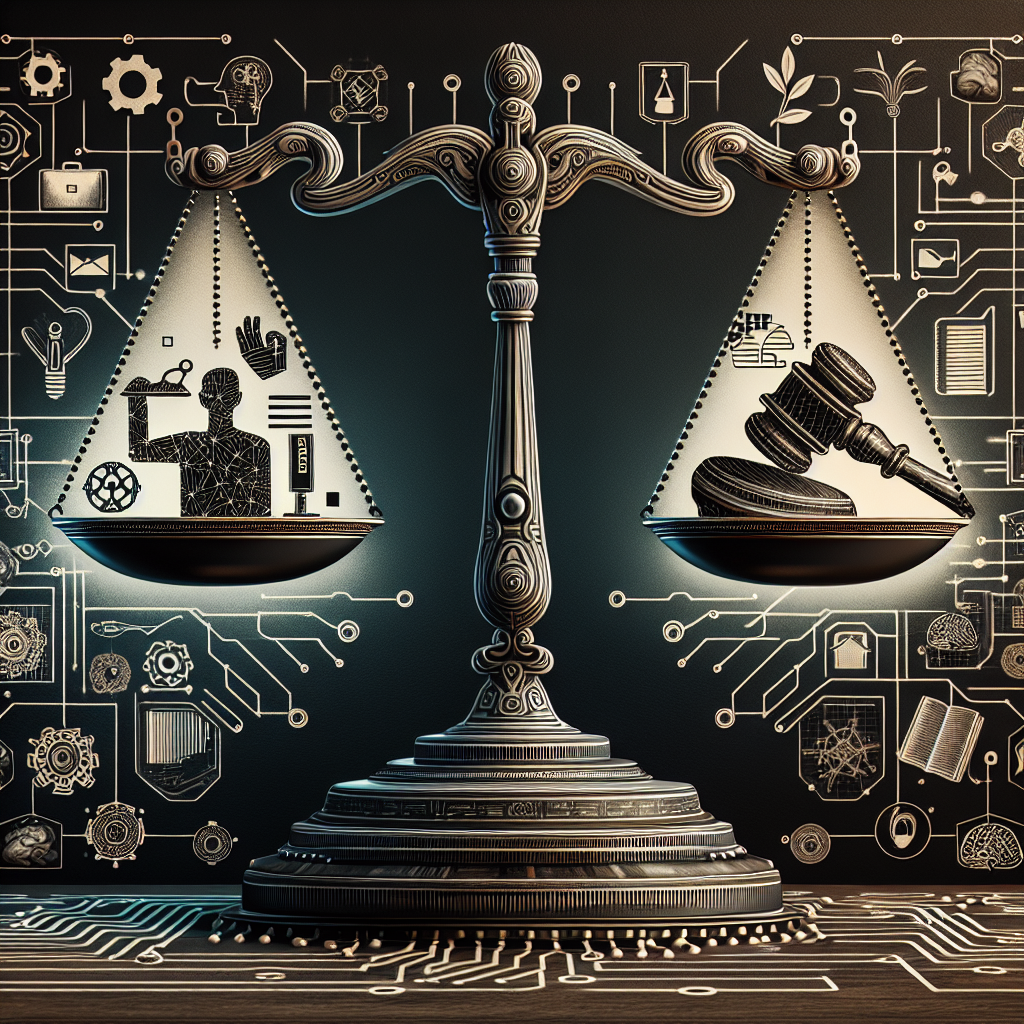Fix today. Protect forever.
Secure your devices with the #1 malware removal and protection software
In today’s fast-paced and technology-driven world, the development and implementation of artificial intelligence (AI) platforms and models have become increasingly common. These AI systems have the potential to revolutionize industries, improve efficiency, and enhance the overall human experience. However, as AI technology continues to advance, it is crucial to ensure that innovation is balanced with ethical considerations to prevent potential harm and misuse.
One of the key challenges in developing AI platforms and models is striking a balance between innovation and ethics. While innovation drives progress and can lead to groundbreaking advancements, it is essential to consider the ethical implications of AI technology to ensure that it is developed and used responsibly. Ethical considerations are particularly important in the design and implementation of AI systems, as they have the potential to impact individuals, society, and the environment in significant ways.
To help guide the responsible design of AI platforms and models, several guidelines can be followed to ensure that innovation is balanced with ethical considerations. These guidelines can help developers and organizations navigate the complex ethical landscape of AI technology and make informed decisions that prioritize the well-being of individuals and society.
First and foremost, it is essential to prioritize transparency and accountability in the design of AI platforms and models. This includes being transparent about the data sources used, the algorithms employed, and the decision-making processes involved in the development of AI systems. By providing transparency, users can better understand how AI technology works and make informed decisions about its use.
Additionally, developers should prioritize fairness and non-discrimination in the design of AI platforms and models. This includes ensuring that AI systems do not perpetuate biases or discrimination based on race, gender, or other characteristics. By implementing fairness measures, developers can mitigate potential harm and ensure that AI technology benefits all individuals equally.
Another important guideline for responsible AI design is to prioritize user privacy and data protection. AI systems often rely on large amounts of data to function effectively, but it is crucial to protect the privacy and security of this data. Developers should implement robust data protection measures, such as encryption and anonymization, to safeguard user information and prevent unauthorized access.
Furthermore, developers should consider the potential societal impact of AI technology and prioritize the well-being of individuals and communities. This includes considering the broader social, economic, and environmental implications of AI systems and taking steps to mitigate any negative effects. By prioritizing societal impact, developers can ensure that AI technology is used responsibly and for the greater good.
In conclusion, balancing innovation and ethics is crucial in the design and implementation of AI platforms and models. By following guidelines that prioritize transparency, fairness, privacy, and societal impact, developers can ensure that AI technology is developed and used responsibly. By taking ethical considerations into account, AI technology has the potential to drive positive change and improve the lives of individuals and society as a whole.
Fix today. Protect forever.
Secure your devices with the #1 malware removal and protection software
#Balancing #Innovation #Ethics #Guidelines #Responsible #Platform #Model #Design,platform and model design for responsible ai

Leave a Reply
You must be logged in to post a comment.